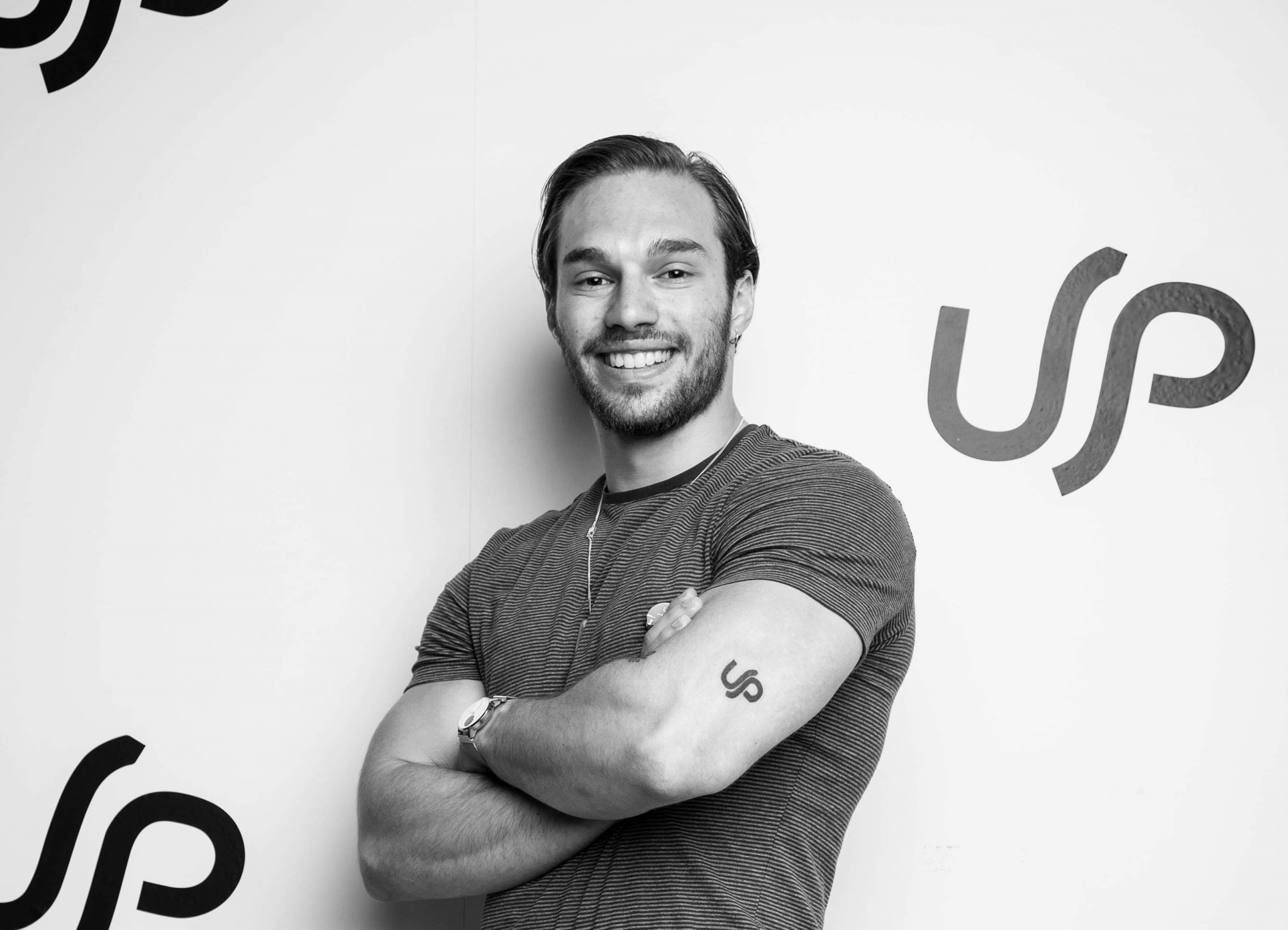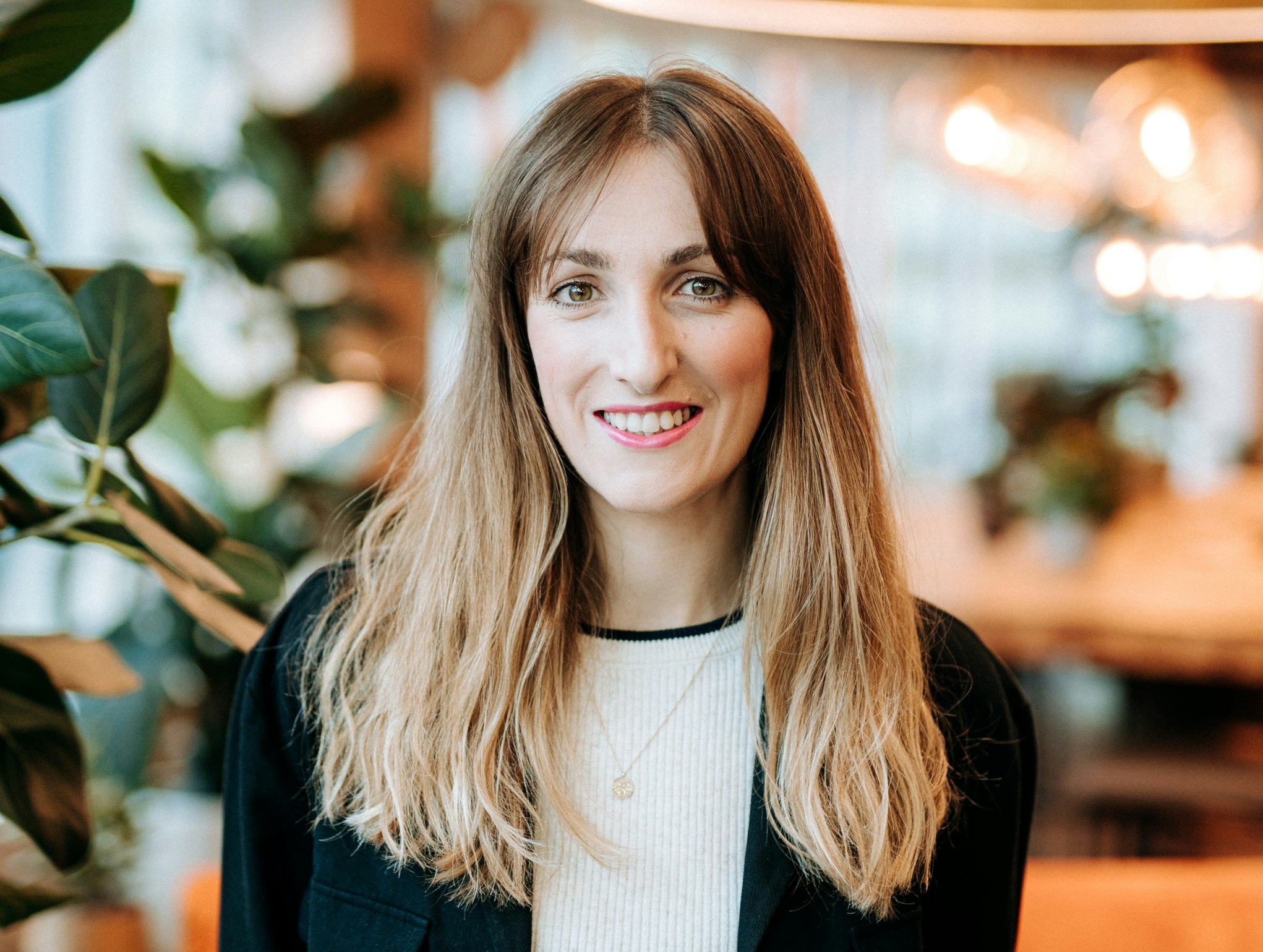Supposedly, the first CV we have on record belonged to the painter Leonardo da Vinci. And, according to recruitment platform Bryq, hiring hasn’t changed much in the 500 years since.
Bryq, a startup based in Athens, wants to change the way we recruit to remove any unconscious bias from the process, be it based on race, gender or education. Instead of using CVs, the company has developed a chatbot that determines candidates’ suitability based on personality type and cognitive ability.
The company has just secured €1.2m in new funding from Big Pi Ventures to expand the business, and expects to see more uptake for remote hiring software because of the pandemic. Coronavirus means more and more businesses are forced to hire people without meeting them, and they’re looking for tools which allow a fuller assessment of candidates remotely.
The pandemic also exposed the biases of the existing hiring process, says Markellos Diorinos, the chief executive of Bryq.
The virus has changed the hiring model.
“The virus has changed the hiring model,” he says. “Before, people had a false sense that they could judge candidates on a gut feeling.” With face-to-face, non-verbal clues gone, recruiters realised how critical they’d been — and how much bias they introduce.
“If I go into an interview and see someone who looks like me, I’m predisposed to like them,” says Diorinos. “And if someone went to the same university as me, I’m also more likely to pick them.”
Removing bias
To try to remove this bias, Bryq’s chatbot asks candidates a series of questions based on situations in the workplace and cognitive ability. The process takes about 20 minutes, and then provides a score for each candidate based on what the questions reveal about their likeness to the ideal personality criteria requested by the company.
It’s especially useful, Diorinos explains, for recruiting entry-level employees in skilled roles, where experience isn’t as critical as the candidate’s personality type.
The company aims to remove biases in the first stage of the process, meaning unconscious prejudice could still be present in the subsequent stages, when recruiters interview candidates.
Nikos Moraitakis, the cofounder of Workable, a hiring platform, explains that companies can do lots more to remove bias from their HR processes — starting with how they write a job description.
“In business, we often use words that in our minds have more of an affinity with male characteristics,” Moraitakis told Sifted. “The idea is that sometimes we don’t say, ‘We want this person to be a guy,’ but you write it in a way that makes guys think, ‘This sounds just like me.’”
Bryq and Workable aren’t the only startups working on changing the recruitment process. Others, like Retorio, which started at the University of Munich in Germany, use artificial intelligence to assess candidates. Retorio uses AI to analyse video interviews with candidates, aiming to deduce personality traits by measuring things like facial expressions and eye contact.
Diorinos, however, is sceptical of AI’s role in the hiring process. “AI is like a person; if you teach it something, it will do it in the way you taught it,” he says, meaning AI technology sometimes takes on the biases of the information it is fed. This was highlighted in 2014, when Amazon scrapped its AI recruitment tool after it showed a bias towards male candidates.
Like Bryq, there are other platforms working to challenge bias without using machine learning. Applied, a British company, uses algorithms to score candidates’ applications and answers to questions, as well as anonymising applications and presenting them in a randomised order.
James Barrett, from recruitment business Michael Page Technology, explains that competency-based interviews are also a good way to help remove bias. “This interview format assesses a candidate based on their specific experience and whether or not they meet other essential requirements to excel in a position,” he says.
A big market
Bryq’s main customer base is in the US, and it’s there that it sees the most potential for growth.
After the death of George Floyd and the subsequent Black Lives Matter protests, people are realising that biased recruiting is no longer acceptable, says Diorinos. “There’s a tremendous push for diversity and inclusion. People are realising they’ve fallen short, and they want to change it.”



